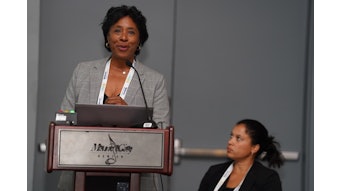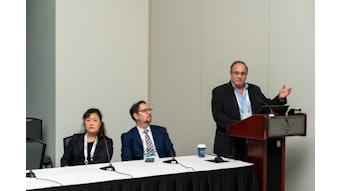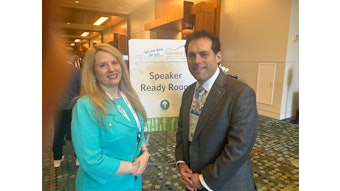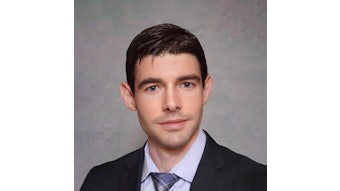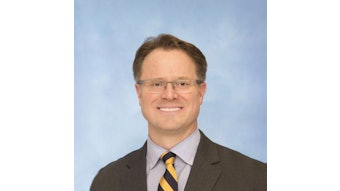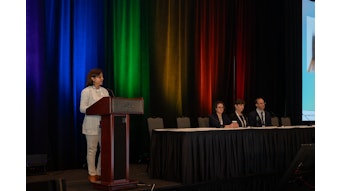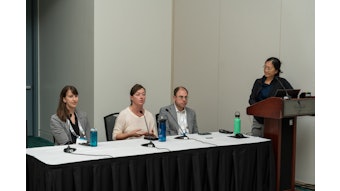Listen Up!
One year in, over-the-counter hearing aids are a still-evolving trend.

After years of legislative hurdles and delays in creating standards, over-the-counter (OTC) hearing aids became a reality in October 2022. Although they haven’t been the major game-changer many were predicting, the increased access for patients has begun to shift the way healthcare providers are handling hearing care for their patients.
Joseph J. Montano, EdD, professor of audiology in clinical otolaryngology and director of audiology and speech language pathology at Weill Cornell Medicine in New York City, said he has not noticed a significant impact on the process for treating mild-to-moderate hearing loss, but there has been an increase in patients seeking more information.
“If anything, we have had an uptick of visits by those curious about OTC hearing aids and the differences between them and more traditional prescriptive devices,” he said. “Once our patients have the opportunity to speak with our physicians and audiologists, they realize the importance of professional intervention in the pursuit of hearing aids.”
Dr. Montano will explore how OTC hearing aids will impact patient interactions going forward with Samuel H. Selesnick, MD, professor and vice chair of the Department of Otolaryngology and professor in neurological surgery at the Weill Cornell Medical College, in Monday’s session, “OTC Hearing Aids: Lessons Learned from Year One.”
Those patients who are coming in with questions are facing a growing uncertainty when presented with so many new devices from which to choose. Dr. Selesnick said physicians can help address this uncertainty by letting them know they can schedule a hearing aid consultation with an audiologist.
“This visit allows for education and assessment as to whether patients should pursue OTC or prescriptive devices,” he said. “It is important that all options be discussed when patients meet the OTC hearing requirements. The importance of audiological assessment cannot be understated. We have already seen patients who pursued OTC hearing aids who have more severe hearing loss than the criteria for OTC products.”
Even though it has been a year since their introduction, Dr. Montano said there are still many questions regarding OTC hearing aids that healthcare providers need to address.
“Whenever hearing aids are offered as part of an ENT practice, one must be prepared for the time necessary for managing and programming the devices,” he said. “A decision needs to be made whether hearing aid costs should be bundled, which would include the service and management of the hearing aids, or unbundled, which would present a charge for each visit and service.”
The introduction of OTC hearing aids has been pitched to patients as something of a do-it-yourself approach to hearing care. But Dr. Selesnick cautioned that if any OTC devices are dispensed in your practice, issues with those devices—such as performance issues, management issues, or reliability issues—will result in patients returning for service. Depending on how a practice decides to handle this, keeping patients informed will be crucial.
“If a practice decides to include OTC options, patients need to be made aware of possible additional costs should they return for assistance with their equipment,” Dr. Selesnick said. “OTC devices tend to have online or telephone support provided by the manufacturer, thus patients will either avail themselves of this option or may return to the point-of-sale. Practices must be prepared for the time necessary to manage returns and adjustments even with OTC hearing aids.”
